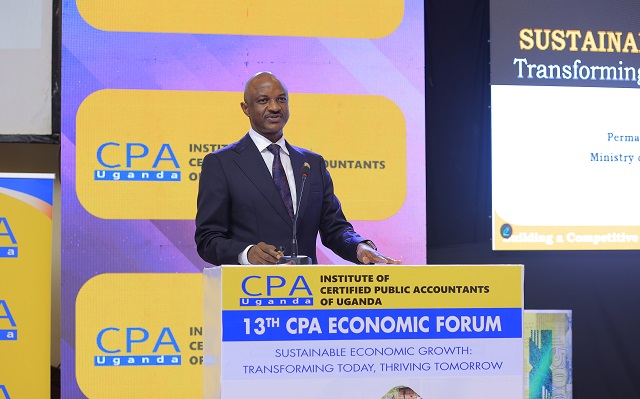Egypt has renewed its concerns over the Grand Ethiopian Renaissance Dam (GERD), just weeks before Ethiopia plans to officially open the massive hydroelectric project in September.
Egypt’s foreign and water ministers met with Ugandan President Yoweri Museveni in Entebbe on Monday, raising fears about what they call an “existential threat” to Egypt’s water supply.
The Nile River is shared by 11 countries, but Egypt relies on it for over 90% of its freshwater. The GERD, built by Ethiopia on the Blue Nile, is Africa’s largest dam and a source of national pride.
While Ethiopia argues that the dam will boost regional power access and development, Egypt and Sudan have long feared it will reduce the flow of water downstream.
Egypt’s Foreign Minister Badr Abdelatty and Water Minister Hani Sewilam:
Accused Ethiopia of taking “unilateral actions” in managing the Nile waters.
Warned that Egypt may take “all necessary measures under international law” to protect its share of the water.
Delivered a development grant to a youth NGO in Uganda, trying to strengthen ties with Nile Basin countries.
Egypt also visited the U.S. last week to push its message, despite still refusing to sign the Cooperative Framework Agreement (CFA)—the only formal legal treaty signed by six Nile Basin countries (including Uganda, Ethiopia, and South Sudan) that promote equitable sharing of the river.
Ethiopia has firmly rejected Egypt’s claims:
In February 2025, Ethiopia’s Water Minister Habtamu Itefa accused Egypt of trying to stop a planned visit by other Nile ministers to the GERD site.
Ethiopia says the GERD has not harmed Egypt or Sudan, pointing out that “not a single liter of water” has been lost from the Aswan Dam in Egypt.
Prime Minister Abiy Ahmed, speaking to Parliament in July, invited Egypt, Sudan, and all Nile countries to the GERD’s September inauguration, repeating that Ethiopia wants cooperation, not conflict.
The Cooperative Framework Agreement (CFA) came into effect in October 2024 after years of negotiation.
It ensures fair and reasonable use of the Nile’s waters by all countries.
Ethiopia, Uganda, Tanzania, Rwanda, Kenya, South Sudan are members.
Egypt and Sudan have not signed, arguing it doesn’t respect their historical water rights under colonial-era treaties.
Regional Politics in Play
Egypt’s outreach to Uganda reflects a strategic effort to build regional alliances and isolate Ethiopia diplomatically.
Ethiopia, on the other hand, promotes the GERD as a symbol of African-led development, rejecting what it sees as outdated, unequal water-sharing systems.
“This is not just about water—it’s about sovereignty, justice, and Africa’s development path,” said a regional analyst based in Nairobi.



